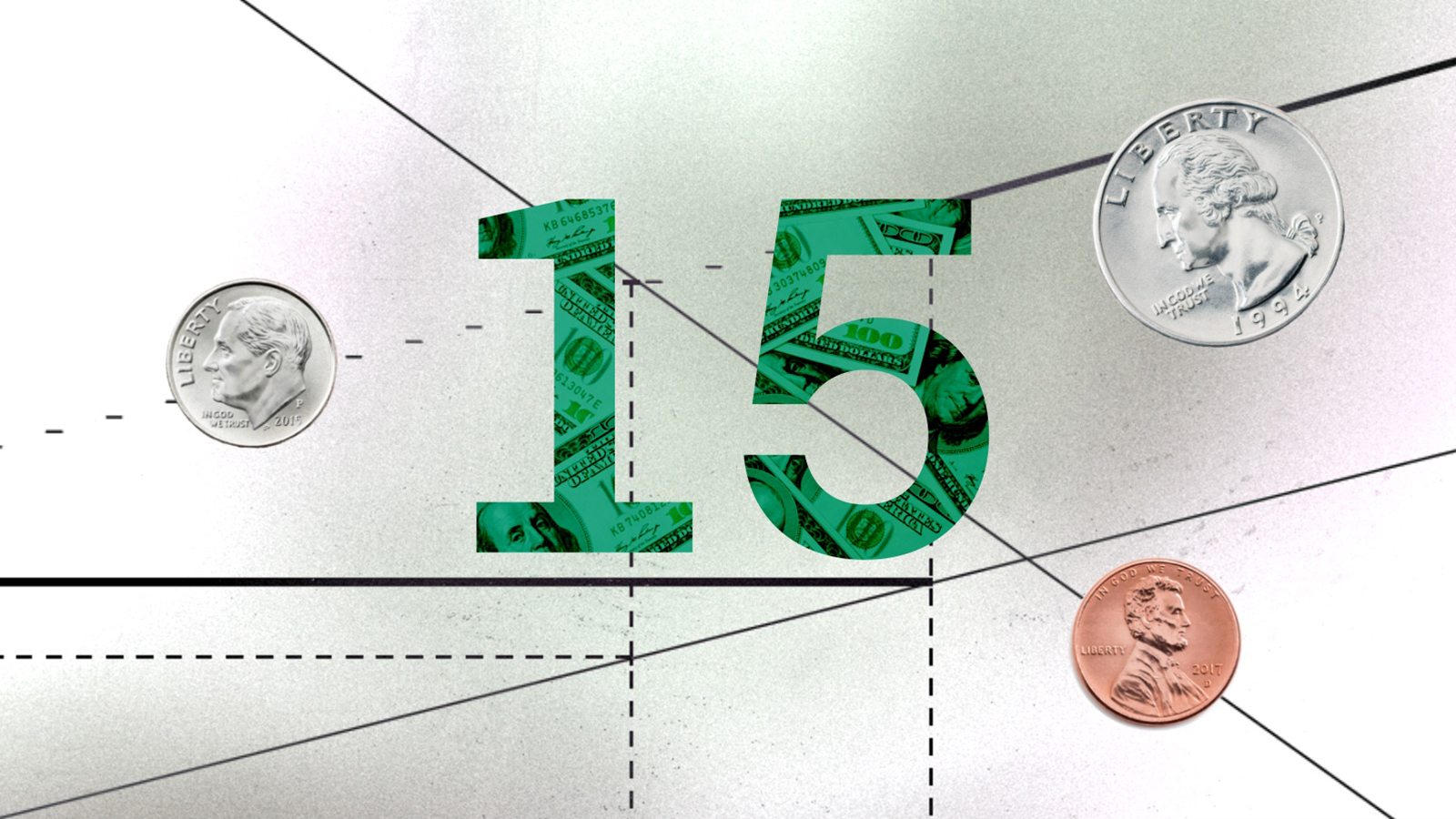Why We Need Unions

New York Mayor Michael Bloomberg has a novel perspective: maybe unions are good for business.
In a letter to the New York Times, Bloomberg—himself a billionaire captain of the newspaper industry—concedes that public sector unions have helped drive the cost of providing public services up. But he argues that unions have the same long-term stake in the success of their enterprises as managers do. In fact, Bloomberg says, unions play a vital role in ensuring that success.
With governments at every level having problem funding basic services, it’s a point worth remembering. Just about everyone in the public sector is going to have to face painful cuts. That includes union workers. Public sector unions understandably want the people they represent to bear as little of the cost as possible, but they recognize that union members are going to have to make sacrifices too. In a very real sense, labor and management—this case, public sector employees and the public that employs them—are in it together. While they have their differences, they have to work with one another for government or business to succeed.
Wisconsin Governor Scott Walker’s attempt to strip public sector unions of their collective bargaining rights—which would practically destroy them—is not simply about fixing the state’s current budget problems. It is part of a larger, long-term agenda to weaken labor unions. By threatening to deny unions their collective bargaining rights, Walker has already gotten them to accept his proposal for what amounts to a 7% pay cut. But Walker has insisted they give up their bargaining rights in the future as well. “Wisconsin state workers have already signaled their willingness to give the governor what he wants in concessions,” former Labor Secretary Robert Reich told the New York Times. “They just don’t want to give up the right to bargain.”
Destroying unions would be a mistake. By representing workers, labor unions serve a key function both in our economy and our politics. As Bloomberg says, unions “play a vital role in protecting against abuses in the workplace, and in my experience they are integral to training, deploying and managing a professional work force.” And, as I have written before, the concessions unions have won in the past—like workplace safety rules and the eight-hour day—ultimately benefit everyone by ensuring that the people who do the work live decently, and that American prosperity does not come at the expense of ordinary citizens.
Nor are unions particularly to blame for states’ budget crises. That’s particularly true in Wisconsin, where, as Ezra Klein notes, state revenues fell by almost $120 million after Walker passed two tax breaks for businesses and a health care policy that lowered tax revenue. Walker, in other words, is asking public sector employees to fund tax business tax breaks out of their own salaries. And while some government employees may be overpaid, as my fellow Big Think blogger Kris Broughton points out, the wages of the average worker haven’t risen very much for a while. In fact, as the economy has grown over the last 30 years, the rich have gotten steadily richer while the wages of ordinary Americans have remained roughly the same. Blaming the economic crisis or our fiscal problems on what we pay workers is simply absurd.
That’s why Mayor Bloomberg argues that we need to work with unions to reach new labor agreements and not deny them of their rights to negotiate. As Bloomberg says,
… the problem is not unions expressing those rights; it is governments failing to adapt to the times and act in a fiscally responsible manner. If contract terms or labor laws from years past no longer make sense, we the people should renegotiate—or legislate—changes. Benefits agreed to 35 years ago that now are unaffordable should be reduced. Similarly, work rules that made sense 70 years ago but are now antiquated should be changed.
Current Labor Secretary Hilda Solis echoed Bloomberg’s point beautifully in the Huffington Post yesterday. “Collective bargaining—what my dad called sitting “at the table”—is a cornerstone of our democracy and our middle class,” Solis wrote. “It shouldn’t be cast aside in hard times. It can and should be part of the solution.”
Photo credit: MuZemike





